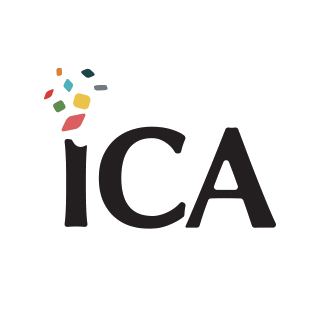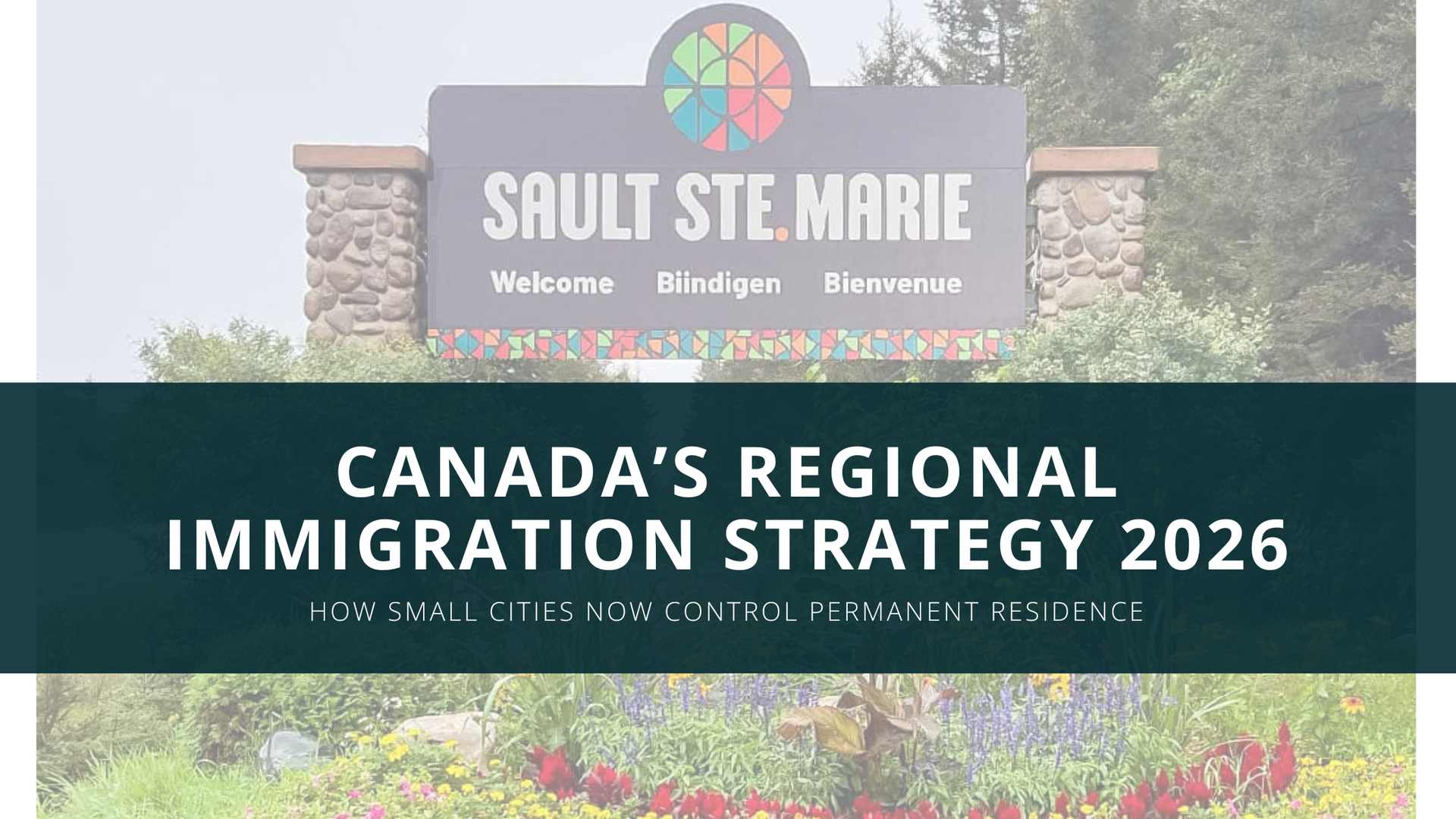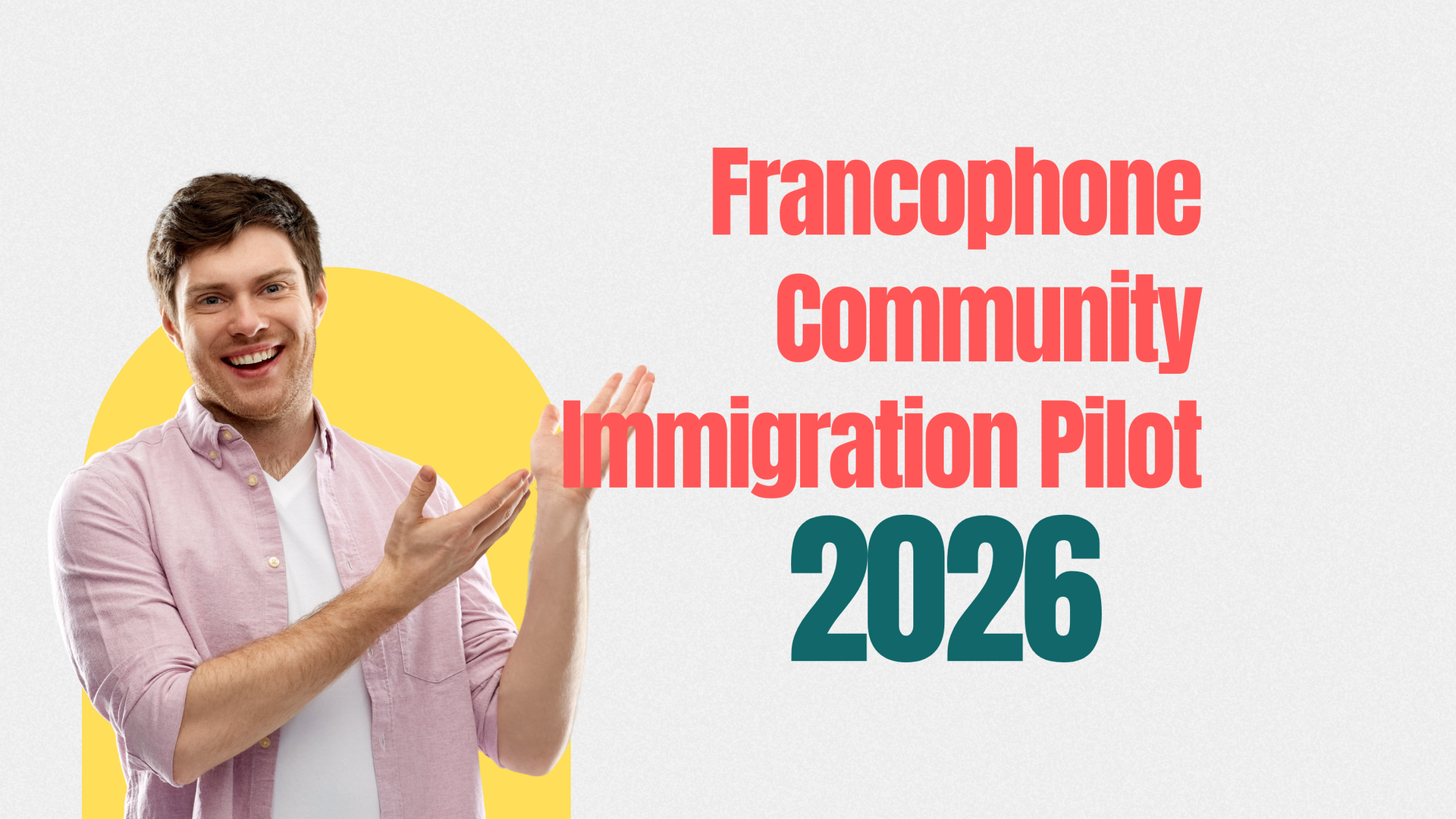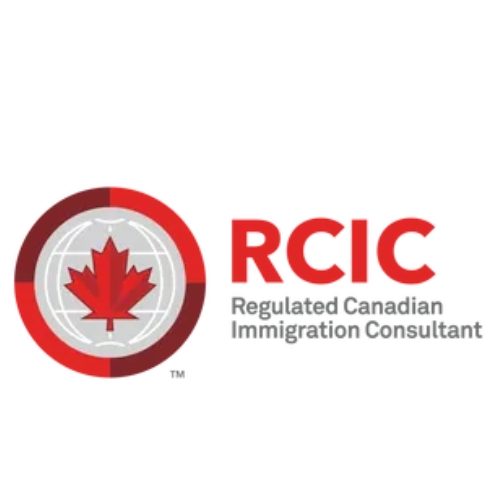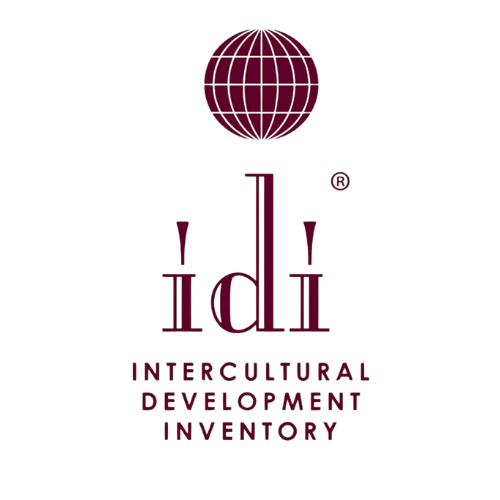The In-Between: Experience of a Second-Generation Immigrant
"So... here you are. Too foreign for home. Too foreign for here. Never enough for both." ~ Ijeoma Umebinyuo

I immigrated to Canada with my parents at the age of 7 from Taiwan in the late 90’s. I remember the excitement and wonder I felt for my first snowfall in Canada as if it were yesterday. I am truly lucky to be given the opportunity to grow up in a multicultural country. However, it took me a while to acknowledge this privilege.
Like most people who grew up with first generation immigrant parents, I grew up speaking my mother tongue (Mandarin) at home and English at school and with friends. My parents wanted me to remember my culture and we continued to celebrate Chinese holidays, went to Chinese Mandarin Saturday school, and ate Chinese food at home. As a bilingual child – I did not think twice when I switched between the two languages in my way of communication. My interest in Taiwanese tv shows and music were commonly shared with those around me in Toronto. I was surrounded by fellow second generation immigrants, and we spoke in a mix of Mandarin and English.
However, when I moved for high school, I was baffled by this new alien surrounding that was still considered to be in the Greater Toronto Area. For the first time, I experienced the feeling of being a minority. Other than 1 person, the rest of my class were Caucasian. This must have been culture shock – but I did not realize this at that time.
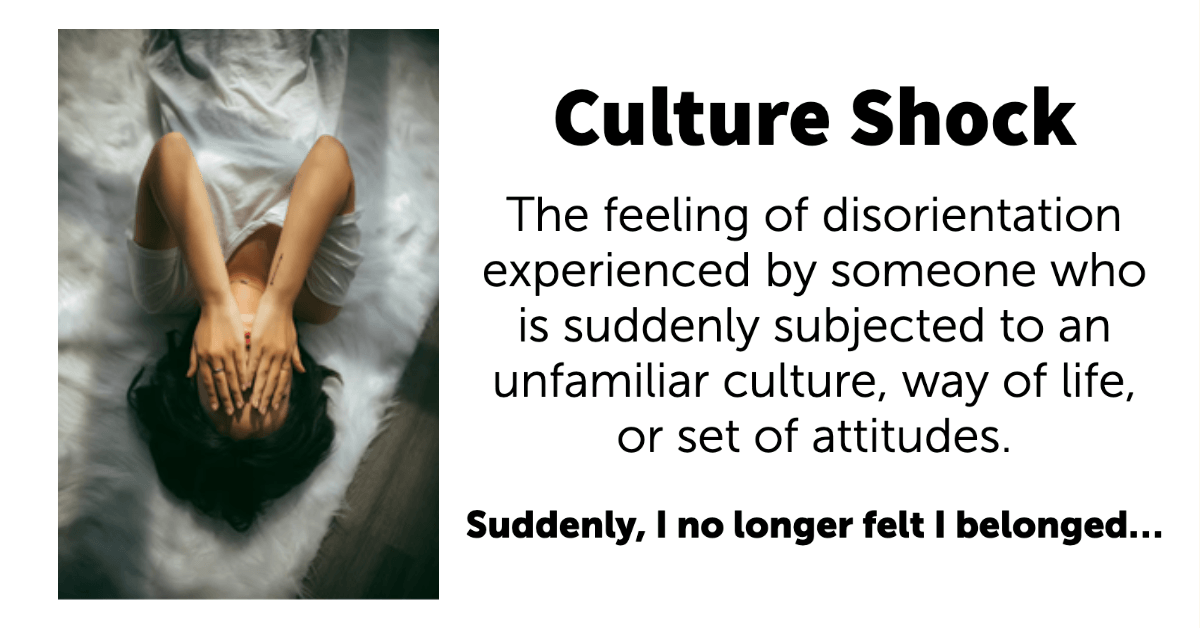
I couldn’t relate to my friends at school when they talked about Twilight, The OC, Smallville or other trends that were going on back then. My peers made snide comments about my lunch and ethnicity. Even now, I can remember it like it was yesterday, the feeling when they said my food smelt bad. I felt out of place. Out of desperation to fit in, I sought out international students for commonalities.
Frustratingly, I still didn’t find a sense of belonging, because to them, I was a CBC- Canadian Born Chinese. Even though I wasn’t born in Canada; I was fluent in English and not considered a native speaker of Mandarin, to them – I was different. I’m sure they were not aware of the implications of these words or actions, we were young, and I was still struggling with my identity.

My insecurities and struggles naturally paved a path for me to study second language teaching, take interest in how our cultural identities shape our values and view on everyday life. This is what inspires and motivates me to provide immigration services with great emphasis on intercultural awareness and understanding. Struggles of integration are often overlooked. It impacts all of us.
Fast forward to present day, I am comfortable being identified as a CBC, it does not bother me. As a teen, it made me feel like an outcast, too foreign for Canada, too foreign for Taiwan. But now, I am proud to identify as a Canadian born Chinese, an in-between of Canada and Taiwan.
It is proof of my parents’ efforts to give me better opportunities in life.
I strongly believe intercultural competency is something we need in Canada. Canada’s diversity is ever growing, and we need to embrace our multiple identities, understand our differences, and accept each other for our differences.
If you are thinking of immigrating to Canada or another country, be prepared to feel a little lost, be prepared to be different, but know that this feeling is part of your immigration journey.
Be proud of who you are and the values, cultures, social norms that shape you.
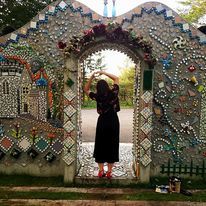
To this day – I am constantly caught between my Canadian values and my cultural identity as a Taiwanese. But it no longer scares me. Instead, it is empowering to reflect and re-discover myself as I continue to meet people from various walks of life doing what I love – supporting others in English learning, integration, and immigration.
Ijeoma Umebinyuo said, "So... here you are. Too foreign for home. Too foreign for here. Never enough for both."
I say, "But enough for me."
~Olive YH Chang

